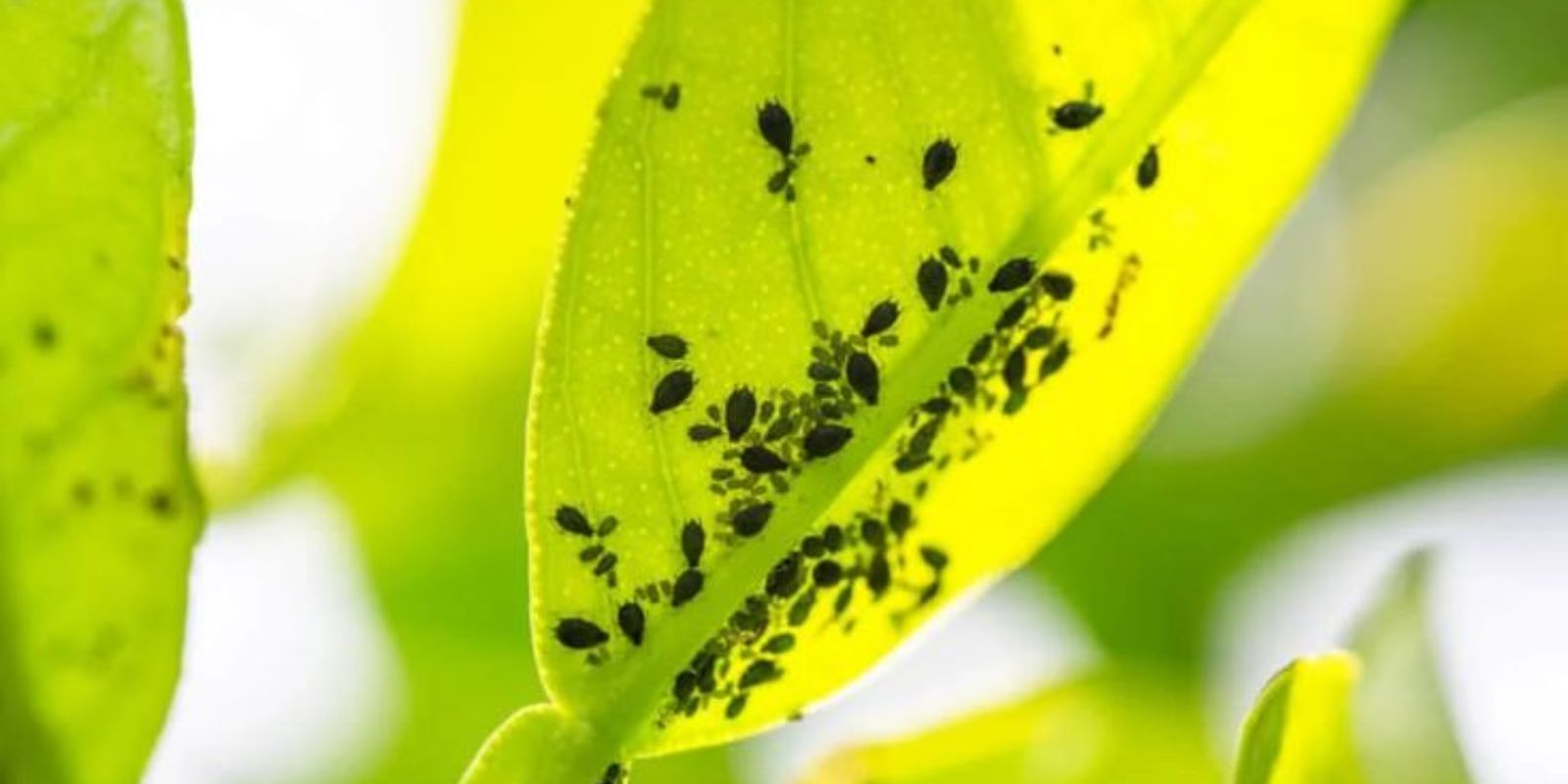Gardening is a delightful and fulfilling activity, but it comes with its share of challenges, one of which is managing plant pests. Aphids and scale insects are common culprits that can wreak havoc on your garden, feeding on your plants and potentially spreading diseases. While chemical pesticides can be effective, they often come with environmental and health concerns. Thankfully, there are natural and simple methods to control these pests, ensuring your plants remain healthy and vibrant. This article provides practical, eco-friendly solutions to eliminate aphids and scale insects from your garden.
Introduction: The Pest Problem
Aphids and scale insects are two of the most common pests that gardeners encounter. Aphids are small, soft-bodied insects that feed on plant sap, often leading to stunted growth and distorted leaves. They also excrete a sticky substance called honeydew, which can attract other pests and encourage the growth of sooty mold. Scale insects, on the other hand, are small, immobile pests that attach themselves to plant stems and leaves. They also feed on plant sap and can cause similar issues as aphids, including reduced plant vigor and possible plant death.
Despite their potential to damage plants, dealing with these pests doesn’t have to involve harsh chemicals. By using natural methods, you can effectively manage these pests while maintaining a healthy garden ecosystem.
Step 1: Inspect Your Plants Regularly
Regular inspection is key to identifying and managing aphid and scale insect infestations early. Make it a habit to check your plants at least once a week. Look for the following signs:
- Aphids: Small, pear-shaped insects clustered on new growth, under leaves, or around buds. They can be green, black, brown, or pink.
- Scale Insects: Small, round or oval bumps on stems and leaves. They can be brown, white, or gray and may appear as raised patches on the plant.
Early detection allows you to address infestations before they become severe, making management easier and more effective.
Step 2: Introduce Beneficial Insects
Nature provides its own solutions to pest problems in the form of beneficial insects. Two excellent natural predators of aphids and scale insects are ladybugs and lacewings.
- Ladybugs: These beneficial insects are voracious eaters of aphids. A single ladybug can consume up to 50 aphids a day. Release them into your garden to help control aphid populations.
- Lacewings: Lacewing larvae, also known as “aphid lions,” are effective at controlling both aphids and scale insects. They feed on a variety of pests, helping to keep their numbers in check.
To introduce these beneficial insects, purchase them from a garden center or online supplier and release them in your garden. Ensure that you provide a habitat that supports their survival, such as plants that produce nectar and pollen.
Step 3: Use Neem Oil
Neem oil is a natural pesticide derived from the seeds of the neem tree. It is an effective treatment for aphids and scale insects due to its ability to disrupt their life cycle.
- How It Works: Neem oil works as an insect repellent, disrupts feeding, and inhibits the development of pests. It also has antifungal properties, which can help prevent secondary infections.
- Application: Mix neem oil with water according to the manufacturer’s instructions, and apply it to affected plants using a spray bottle or garden sprayer. Make sure to cover both the tops and undersides of leaves, as well as stems where pests may be hiding.
Neem oil is safe for beneficial insects and plants when used as directed, making it a valuable tool for natural pest control.
Step 4: Spray with Soap Solution
A simple and effective method to control aphids and scale insects is to use a soap solution. This method suffocates the pests and helps to wash them off the plant.
- How to Prepare: Mix a few tablespoons of mild liquid soap (such as castile soap) with water in a spray bottle. Avoid using dish soap with strong degreasers or antibacterial agents, as these can harm plants.
- Application: Spray the solution directly onto the affected areas of the plant, including both the tops and bottoms of leaves. Reapply every few days until the infestation is under control.
Soap solutions are gentle on plants but effective against soft-bodied pests like aphids.
Step 5: Prune Infested Parts
Pruning is an effective way to manage severe infestations, especially when pests are concentrated in specific areas of the plant.
- How to Prune: Use clean, sharp pruning shears to remove heavily infested leaves, stems, or branches. This helps to reduce the pest population and prevent them from spreading to other parts of the plant.
- Disposal: Dispose of the pruned material in the trash or burn it to ensure that pests do not return to your garden. Avoid adding infested plant material to your compost pile.
Pruning not only helps manage pests but also improves air circulation and light penetration, contributing to overall plant health.
Additional Tips for Success
- Encourage Beneficial Plants: Planting flowers like marigolds, yarrow, and dill can attract beneficial insects and help control aphid and scale insect populations.
- Maintain Plant Health: Healthy plants are more resistant to pests. Ensure that your plants are well-watered, properly fertilized, and free from stress.
- Monitor Regularly: Continue to inspect your plants frequently to catch any new infestations early and take action as needed.
Conclusion
Managing aphids and scale insects doesn’t have to involve harsh chemicals. By using natural methods such as introducing beneficial insects, applying neem oil, using soap solutions, and pruning infested parts, you can effectively control these pests while maintaining a healthy garden environment. Embrace these eco-friendly solutions and contribute to a sustainable gardening practice that benefits both your plants and the ecosystem.
Ready to tackle those pests naturally? Share your experiences or ask questions below and join the conversation on eco-friendly gardening practices! 🌿🌟💚

